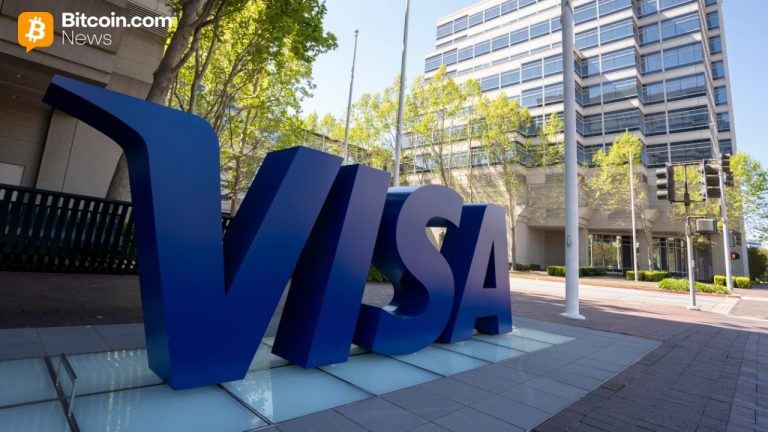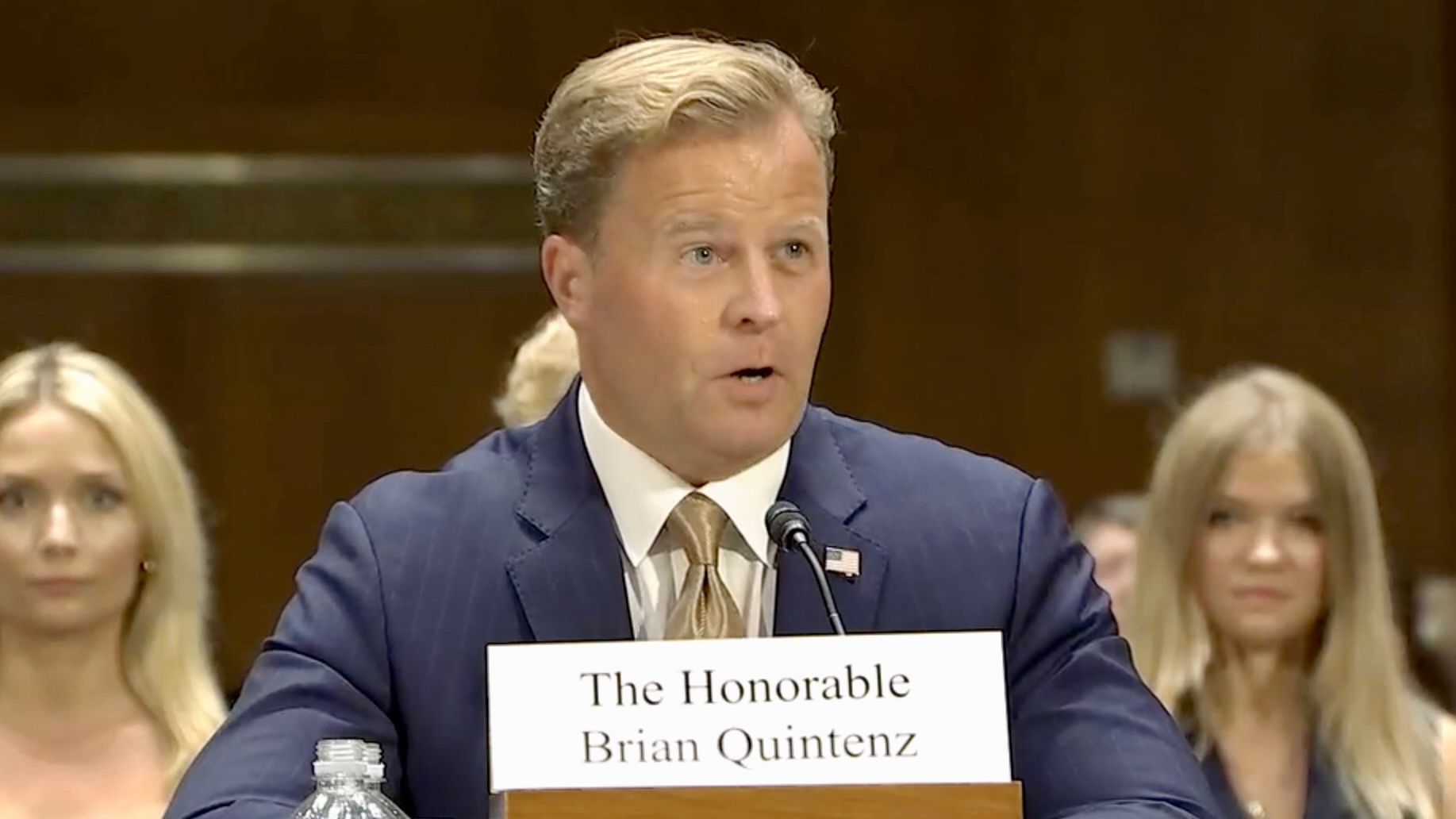ARTICLE AD BOX
Alvin Lang Sep 26, 2024 09:07
Bitcoin (BTC) surged over 22% following the Fed's rate cut but faces resistance at $65,200, according to Bitfinex Alpha.

Bitcoin (BTC) witnessed a significant surge of over 22% following the Federal Reserve's decision to cut interest rates, reaching a new peak of $64,200 on September 20, according to Bitfinex Alpha. Despite this impressive climb, BTC has yet to surpass the stubborn resistance level of $65,200 observed since August 25. If it fails to break through, this could confirm a downward trend that has been ongoing since March, where each subsequent peak has been lower than the previous one.
Market Trends and Analysis
The recent increase in BTC's value contrasts with a concerning rise in open interest, suggesting that the futures and perpetual markets, rather than the spot market, are driving most of the recent volatility. This discrepancy raises questions about the sustainability of the recent price gains.
Meanwhile, several altcoins have experienced dramatic gains, with some tokens surging over 100% from their lows in August and September. However, caution is advised as the open interest in altcoins has also reached new highs without corresponding price breakthroughs in the broader altcoin market. The OTHERS index, which measures the performance of altcoins excluding the top 10 cryptocurrencies, continued to decline over the past month.
Spot Market and ETF Influence
With spot market purchases of Bitcoin slowing down, evidenced by the stagnation of Cumulative Spot Volume as BTC prices hit $63,500, Bitfinex predicts that BTC will likely trade within a range in the short term. However, a counterargument suggests that sustained ETF inflows could support BTC prices. Last week, spot Bitcoin ETFs saw an inflow of $397.2 million, indicating potential for further price increases, especially if traditional financial markets like the S&P 500 continue to rise. If Bitcoin can overcome key resistance levels from late August, it could reach new highs. Without sustained spot buying, however, a sideways movement or partial correction seems the most likely scenario.
Economic Context
The broader economic landscape has been marked by the Fed's decision to cut interest rates by 50 basis points, the first in a series of anticipated reductions, reflecting a shift in the central bank's priorities from controlling inflation to focusing on the labor market. Inflation appears to be cooling, as evidenced by retail sales data for August, which showed only a 0.1% increase. With job stability and growth, household spending is expected to follow, although uncertainties remain.
Industrial production saw a strong revival in August, and the housing market showed signs of warming with increased single-family home construction. However, it remains to be seen whether this momentum will be sustained, with the Fed's actions playing a crucial role.
Institutional Developments and Regulatory Actions
The cryptocurrency landscape continues to evolve rapidly, marked by significant institutional moves and regulatory crackdowns. In a major step towards integrating Bitcoin into traditional finance, the SEC has approved BlackRock's application to list options for its iShares Bitcoin Trust, with other ETF issuers also lining up to file applications.
Meanwhile, MicroStrategy has expanded its already considerable Bitcoin holdings by purchasing an additional 7,420 BTC for $458.2 million, bringing its total to 252,220 BTC, valued at $15.8 billion.
As these institutional advancements take place, law enforcement efforts to eliminate bad actors are also intensifying. German authorities, including the Central Office for Combating Cybercrime and the Federal Criminal Police Office, have dismantled 47 trading platforms allegedly used for large-scale money laundering.
Image source: Shutterstock
 (1).png)







 English (US) ·
English (US) ·